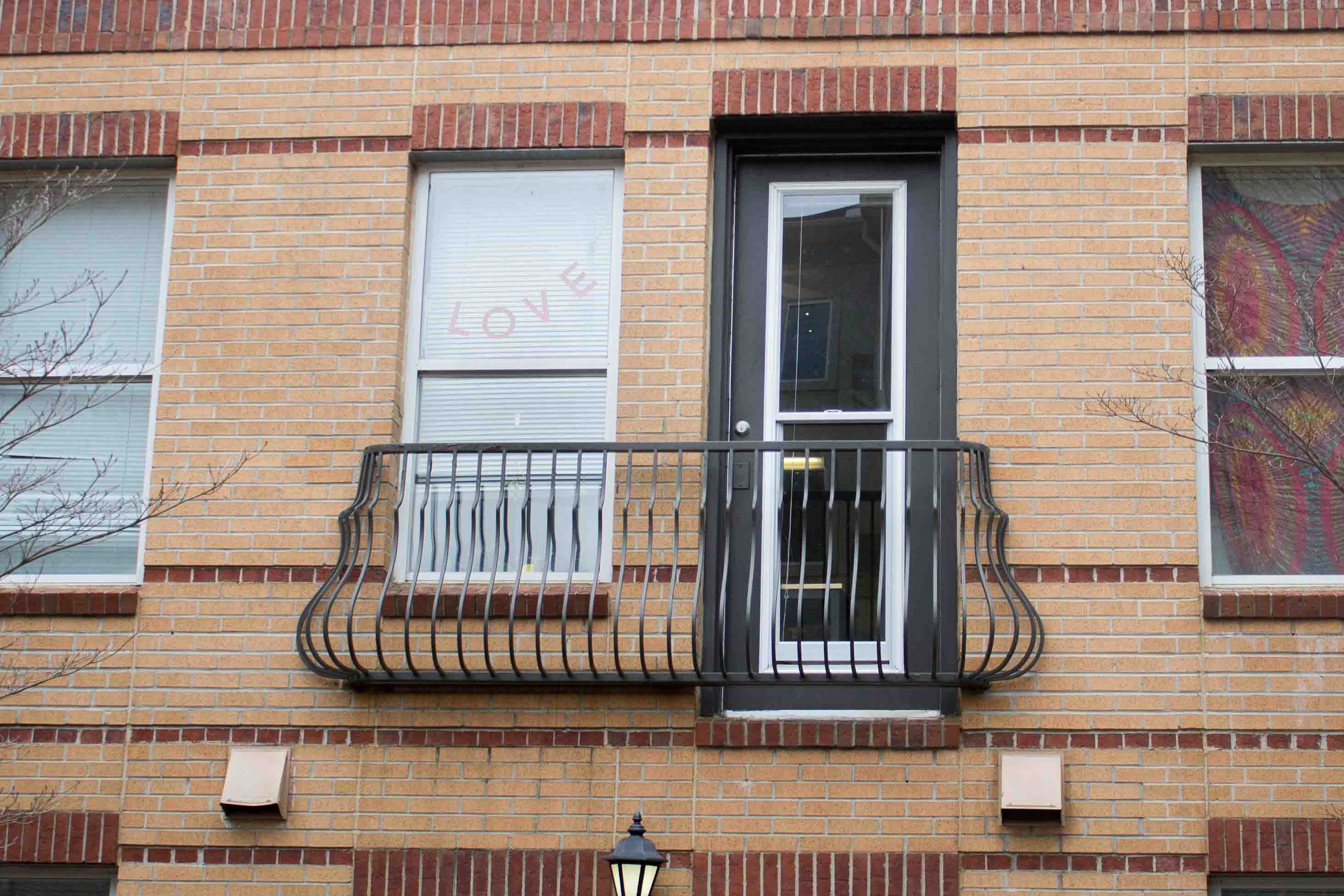Although I praise the efforts to cover the protest at the University of Georgia (UGA) and my arrest on a charge of non-violent civil disobedience on Jan. 9, I feel the media has neglected to highlight the most important part of the story: the struggles of education with undocumented students. I was one of the three Kennesaw State University students who protested at UGA on Jan. 9 against two recent policies, which revoke from certain qualified high school graduates the privilege of paying in-state tuition for Georgia’s top five public universities. These few are students who were brought to the United States at a young age, have graduated from our high schools and are now seeking to further their education. Should legalities bar them from pursuing higher education?
Since most students were Deffered Action for Childhood Arrivals (DACA) recipients, students did not protest for legal status, but for equal rights to education.
Many may not remember or have heard of the Jessica Colotl story, which brought KSU national attention and sparked conversation on both immigration and education. In 2010, Colotl, a 21-year-old KSU student, was detained by the Immigration and Customs Enforcement after being pulled over and arrested by campus police. This event led the Georgia Board of Regents to implement policies 4.1.6 and 4.3.4, which make it difficult for undocumented students to pursue higher education. Since 2010, the issue surrounding undocumented students’ pursuits of higher education has been ignored by those who are privileged enough that they do not to face any barriers into higher education. It also sparked a movement amongst those who desire to pursue it.
Because of what occurred at KSU in 2010, the DREAMers movement, which came in support of the DREAM Act—a law that would give undocumented young people equal access to higher education—mobilized around the country raising awareness through protest and testimony. Eventually, this movement pressured our elected officials to act and led to President Barack Obama’s executive action for DREAMers in 2012. The President’s executive program, DACA, granted undocumented young people who met certain requirements, including having received or in the process of receiving a high school diploma and no criminal convictions, legal status in the United States. In conjunction, they were granted legal work permits, social security numbers and driver’s licenses, all which allowed them to file income taxes but not reap the benefits entitled.
College students should realize how privileged they are for having access to higher education and not take it for granted. As we have seen around the world, education is a right threatened by many. In Pakistan, Nobel Peace Prize winner, Laureate Malala Yousafzi, was shot by the Taliban for openly pursuing an education. In Mexico, 43 students disappeared after advocating for more government funding for their school. Now in the state of Georgia, thousands of students are marginalized from higher education because of their birth place.
During the civil rights movement, young people in the South performed sit-ins at segregated lunch counters and asked to be served a plate of food like the rest of white customers. Similarly, we young people who protested Jan. 9, which is the anniversary of UGA’s desegregation, ask for education to be served to all academically qualified students, regardless of where they were born.



